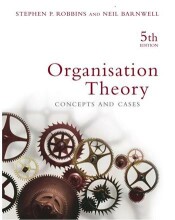G. Measuring Attitudes
4 important questions on G. Measuring Attitudes
What are the links between attitudes and behaviour?
2. Less favourable the attitude of consumers -> more likely person will stop using a product
3. Attitude can be used to predict behaviour when these are based on actual behaviour and tries. When attitudes are based on advertising, they cannot predict behaviour well
4. When people have never tried a product, attitudes are usually distributed around the mean in a normal shape distribution
What are the 6 factors that influence the ability of attitude research to predict behaviour?
2. Attitude measurement (has to be reliable, etc.)
3. Situational factors
4. Effects of other people
5. effects of other brands
6. Attitude strength (must be held with sufficient strength and conviction to be activated in memory)
What are the different types of scales?
2. Itemised rating scales - limited number of ordered categories
3. Rank-order scales - comparing two objects and ranking them
4. Paired comparison scales - pick an object based on some criteria
5. Constant sum scales - divide 100 among objects
6. Semantic differential scales - Strengths and weaknesses of a concept
7. Stapel scales - Adjective between -5 to 5
8. Likert scale - agreement - disagreement
9. Purchase intent scale - intention to buy the product
- Higher grades + faster learning
- Never study anything twice
- 100% sure, 100% understanding
What are determinant attitudes?
The question on the page originate from the summary of the following study material:
- A unique study and practice tool
- Never study anything twice again
- Get the grades you hope for
- 100% sure, 100% understanding





























